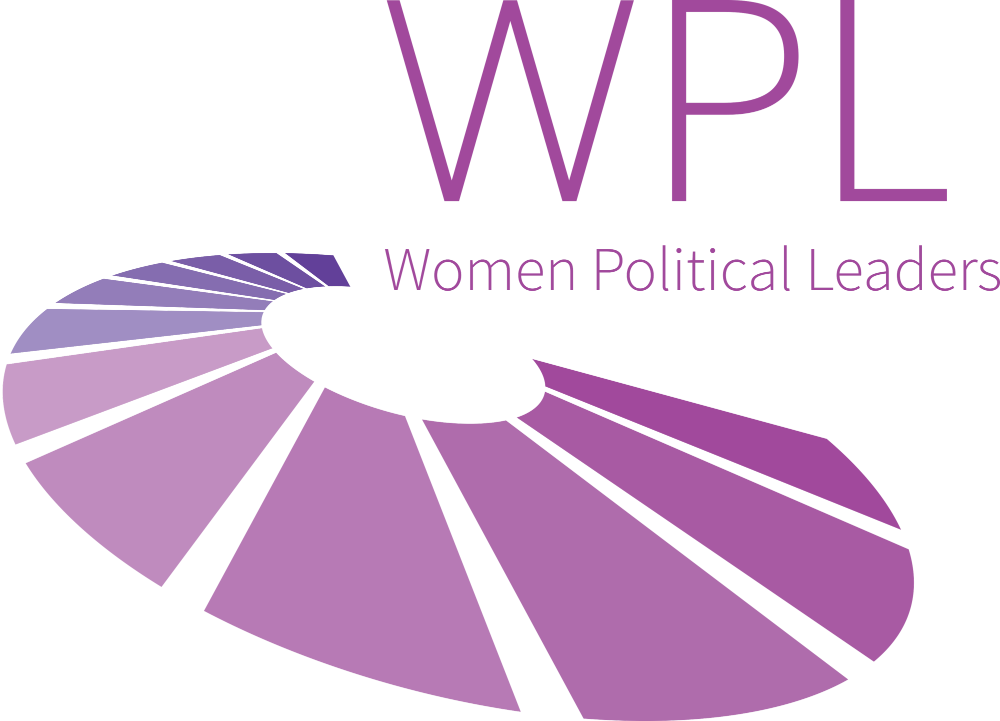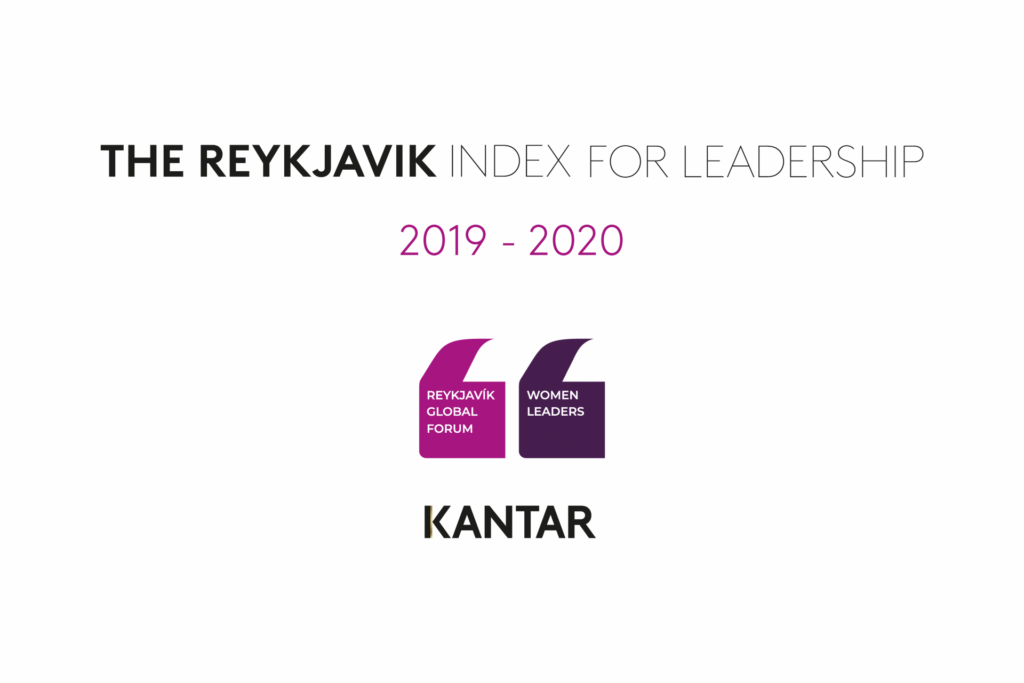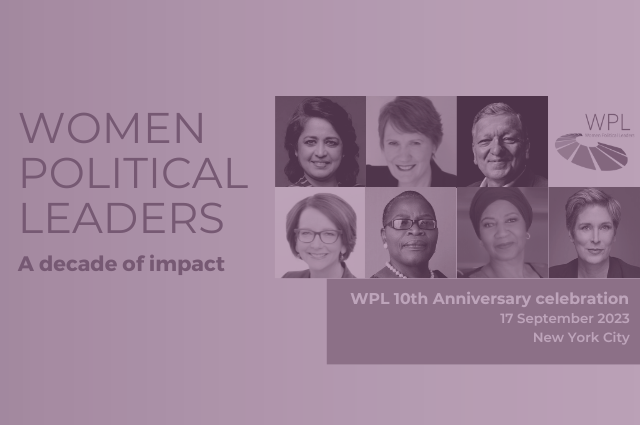Have you ever wondered why men and women aren’t viewed equally? What is driving the statistics that inhibit society from reaching true equality? What is behind the figures of women’s share of the presence in society and politics?
The Reykjavik Index for Leadership 2018 revealed that behind all the figures for participation in boardrooms or differences in the wages of men and women, are the everyday beliefs and behaviours that shape outcomes. It enabled a different kind of conversation. In 2019, WPL and Kantar have widened the study to further understand both where stereotypes endure and where public policy or private sector intervention is making a difference.
The Reykjavik Index for Leadership 2019, named #BestOfDavos in January 2019, has been extended to cover G7 and Brazil, Russia, India and China and two additional sectors: automotive manufacturers, and food and drink manufacturers. The Index 2019 identifies Canada and France as the countries with the most equal attitudes towards women and men in leadership. The Index 2019 also show regression in attitudes in the USA and UK, while Japan, Germany, and Italy have seen improvements in how equal they perceive women and men to be leaders.
Break
The Reykjavik Index for Leadership measures the extent to which society is comfortable with women in leadership positions as compared to men. The Index evaluates perceptions of who is suitable to lead across 22 different industries and public professions, researching the attitudes more than 22,000 working-age people. A score of 100 means that across society, there is complete agreement that men and women are equally suited to leadership in all sectors. Any score below 100 indicates some degree of prejudice.
2019 Reykjavik Index for Leadership
|
Index Score |
Change vs 2018 |
|
|
Canada |
77 |
+1 |
|
France |
77 |
-0.5 |
|
USA |
75 |
-1 |
|
UK |
73 |
-4 |
|
Japan |
70 |
+3 |
|
Germany |
69 |
+3 |
|
Italy |
68 |
+5 |
On the positive front:
-
In every country studied, women are more likely than men to perceive men and women as equally suitable for leadership.
-
Improvement in scores for Italy and Germany – Italy has seen its Index score increase by 5 points, and Germany 3.
-
India shows relatively high scores in Education (76) and Media/Entertainment (78).
-
Russia and China show high amount of sector variation, indicating where prejudices are most embedded – Banking and Finance show scores of 70 and 67 respectively.
On the less positive front:
-
UK drops down the Index because of worsening male perceptions as women’s views have remained the same as 2018.
-
In the USA, a number of sectors have seen a regression in scores.
-
The research reveals that Childcare is a sector where stereotypes are most resistant to change.
-
In Russia and China Engineering (22 and 23 respectively) and Automotive Manufacturers (25 and 25) show high levels of prejudice against women’s suitability to lead.
Silvana Koch-Mehrin, President and Founder of Women Political Leaders said “The launch of the Index in 2018 enabled conversations not just on the where and how women aren’t viewed equally – but on the why. With the continuation of the evidence provided by the Reykjavik Index and a global community of purpose, both public policy and the private sector can further progress to equality in leadership”.




